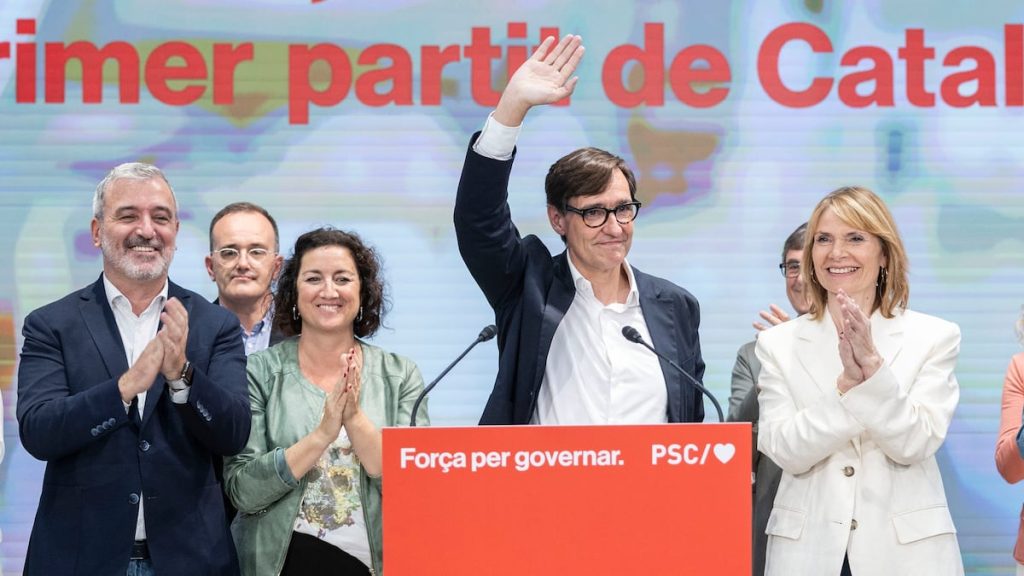The outcome of the elections in Catalonia on Sunday shows that only Salvador Illa seems to be in a position to be tasked with forming a viable government, as the PSC holds a privileged parliament position. Other options, such as a nationalist coalition government where the defeated parties would need the abstention of the winning socialists, as proposed by Carles Puigdemont, seem unlikely after clear statements from the PSC and ERC. Any alternative to Illa only leads to instability and the possibility of new elections, which could be detrimental to those who provoke them. The responsibility lies with the independence movement in Catalonia to steer towards stability instead of continuing the path of uncertainty and polarization.
Catalonia needs a government that moves past the conflicts of the past and focuses on addressing urgent issues such as healthcare, education, environment, drought, and infrastructure management. Although it may be challenging for parties that once sought to break away in 2012 to now support a government led by others, the message from the election results is clear. Junts, rooted in a tradition of compromise, is hindered by Puigdemont’s strong leadership, which they may need to reassess to reclaim a sense of institutionalism and capitalize on their success against Esquerra. ERC, on the other hand, faces challenges due to their mixed results in both independence efforts and governance. Identity politics is losing traction as citizens demand effective administration.
The need for both parties to renew their leadership and critically review their failed separatist agendas complicates potential agreements with the PSC. It is understandable that this process may not start before the upcoming European elections on June 9, in which all affected parties are participating. The idea of an ungovernable Catalan Parliament heading towards new elections is outdated and could benefit parties like PP, Vox, and Aliança Catalana, as well as individuals like Junqueras and Puigdemont, trapped in outdated narratives and at risk of holding society captive with their actions.
The fragmentation of the Catalan Parliament, while normal within European standards, requires a commitment to forming a government after a clear electoral outcome such as the recent election. Obstructing stability and undermining the autonomy of the parliamentary institution in Catalonia would be a disservice to the region, as personal or partisan interests should not dictate government formation. It would be ironic if those who once sought independence impede the real autonomy of Catalonia now.
In conclusion, the path forward for Catalonia requires a shift towards stability and effective governance, leaving behind past conflicts and polarization. The responsibility lies with the independence movement to reassess their strategies, renew their leadership, and prioritize the well-being of the region over narrow political interests. By working towards a government that addresses urgent issues and collaborates with all parties involved, Catalonia can move towards a more stable and prosperous future.


